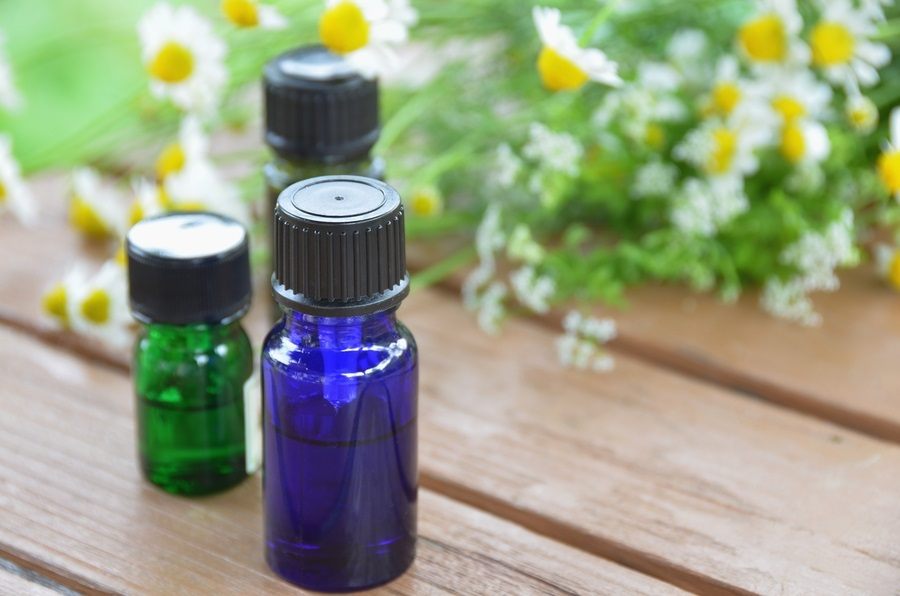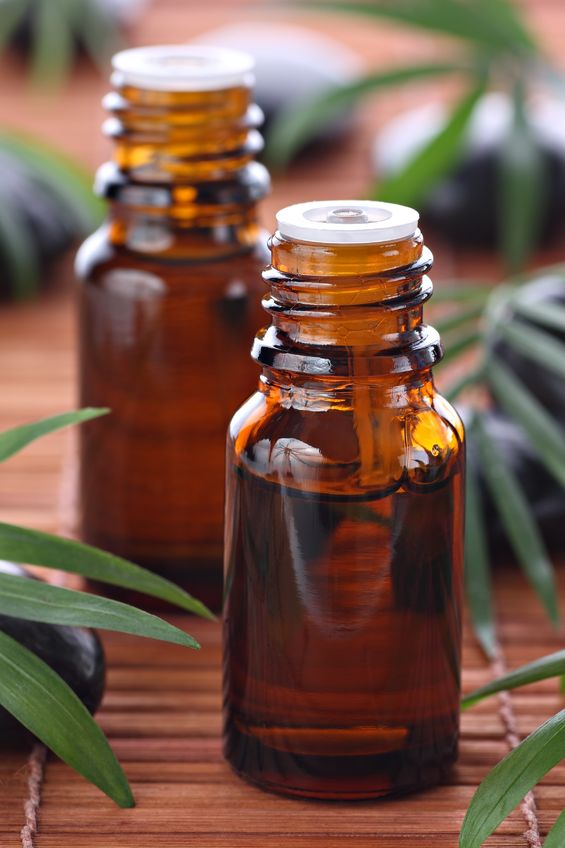Essential Oils Beat Chlorhexidine for Fighting Superbugs
As the battle against superbugs like MRSA and other hospital-acquired infections rages on, researchers have determined that oils derived from plants outperform the commonly used antiseptic chlorhexidine and even ethanol in the inhibition of antibiotic-resistant bacteria.







